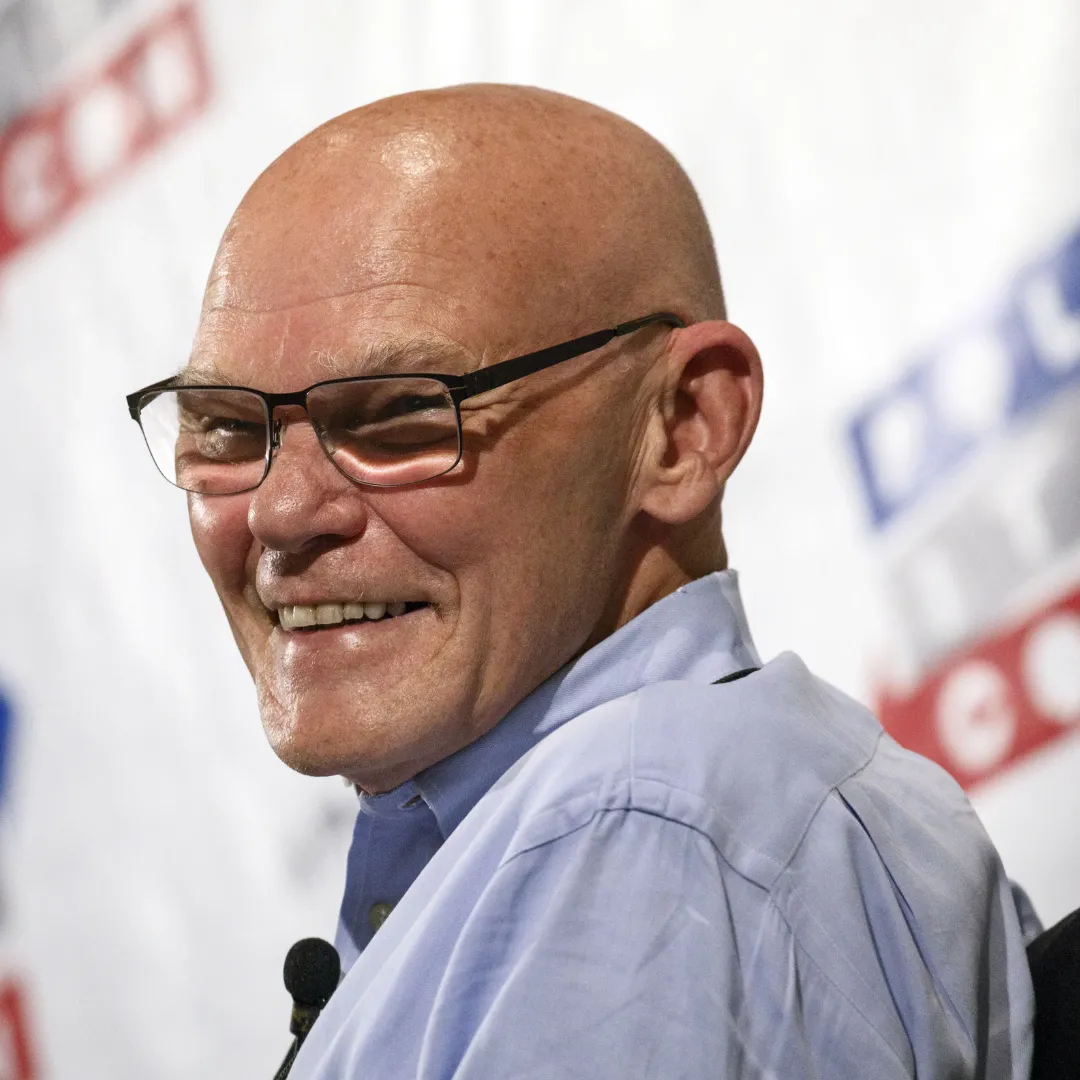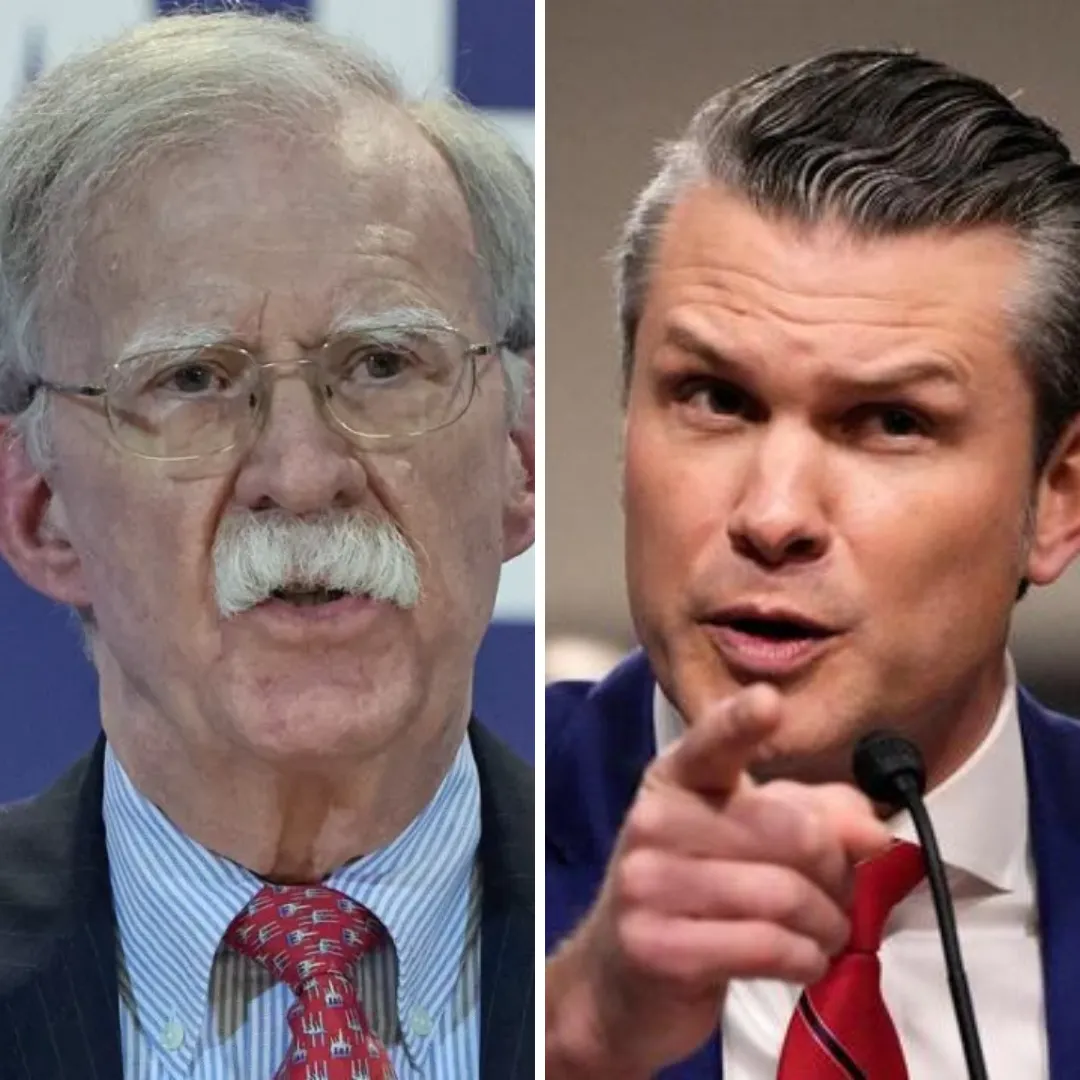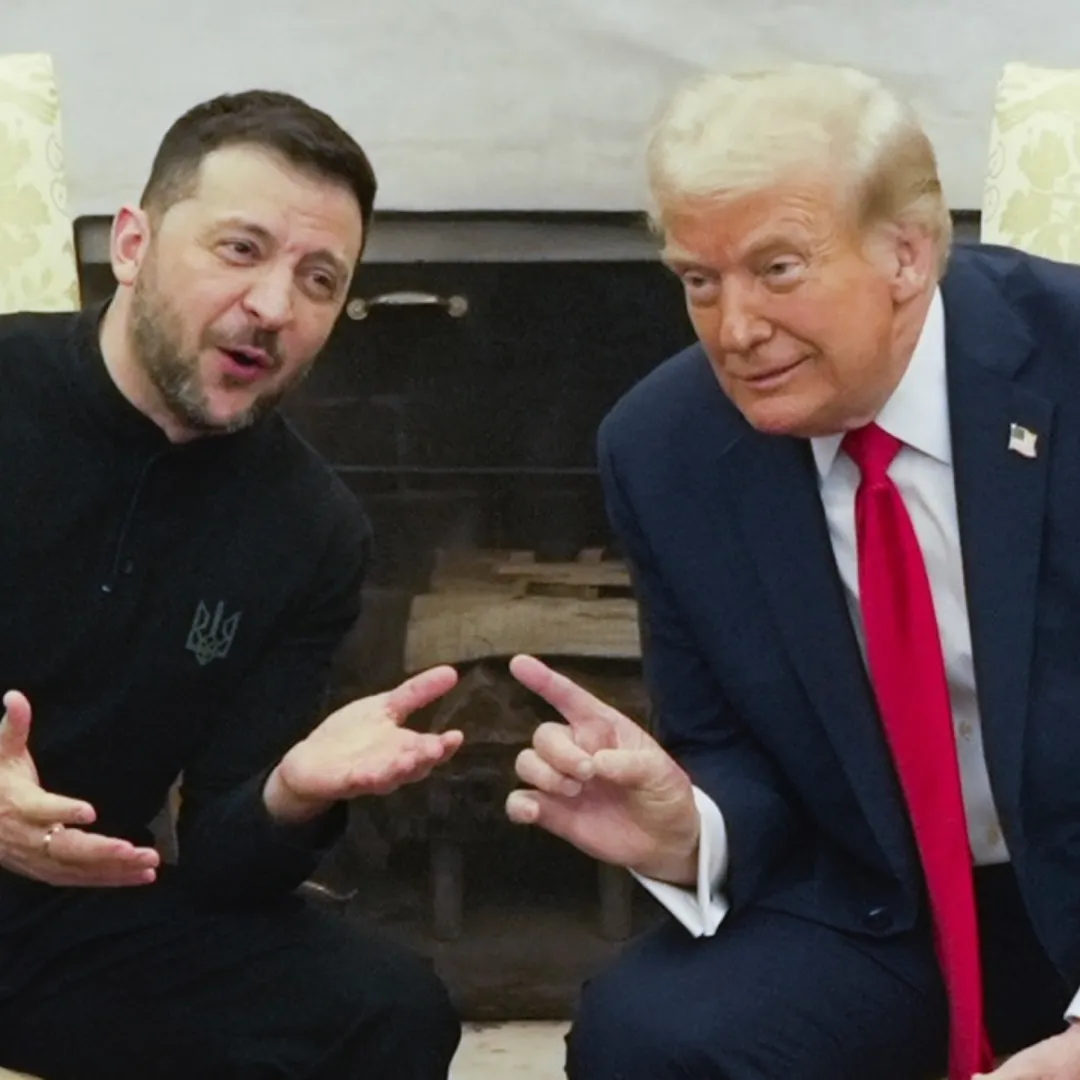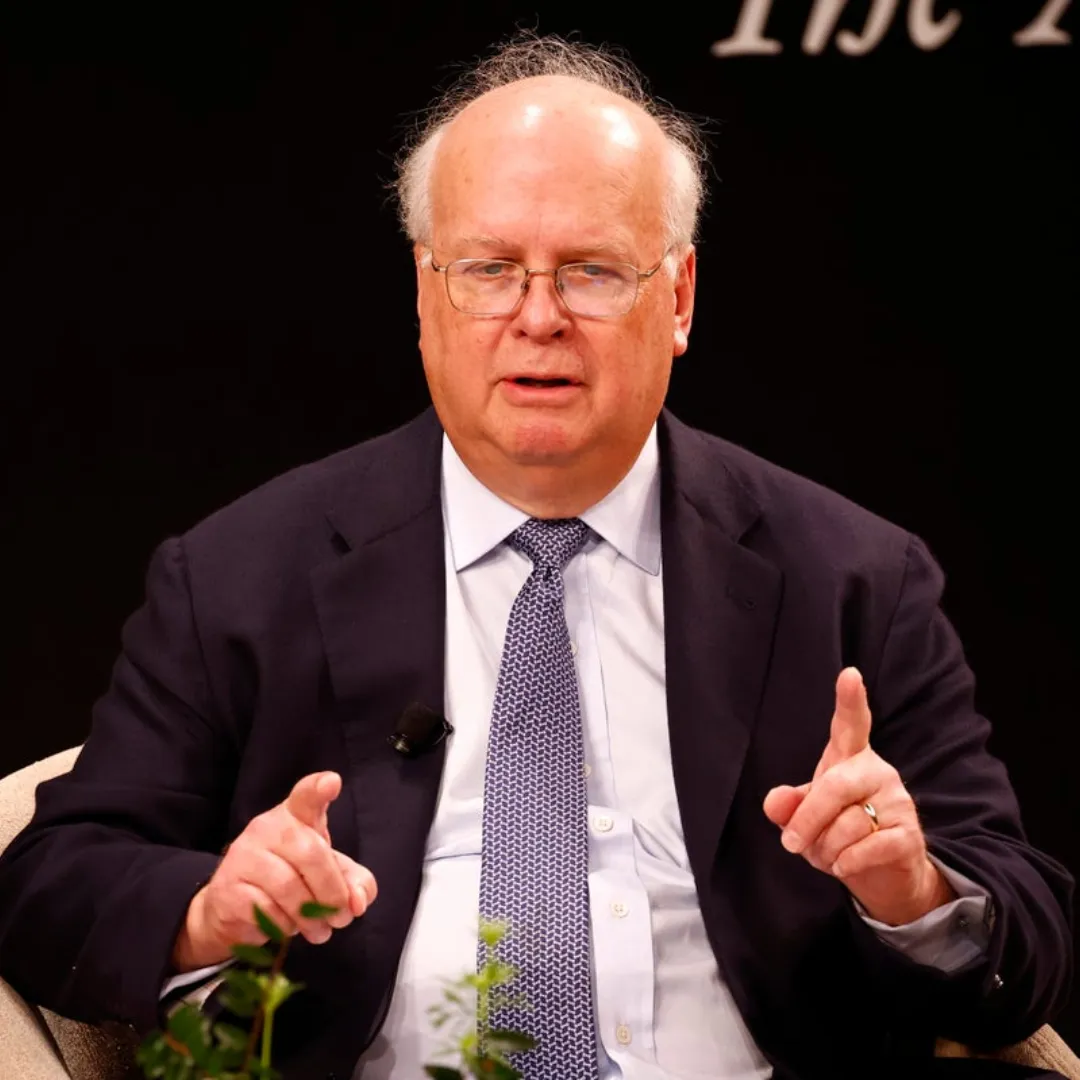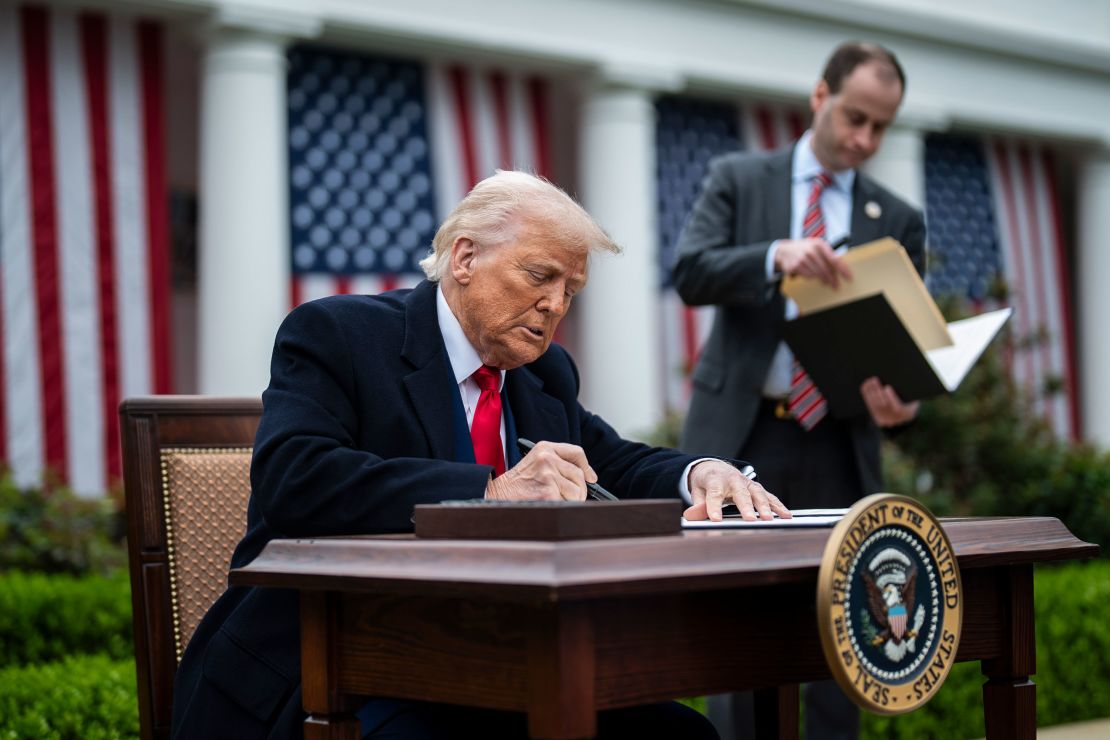
President Donald Trump is taking a reflective tone as he nears the 100-day milestone of his second term, offering new insights into how his return to the White House has differed from his first administration.
In a recent interview, Trump described his current presidency as broader in scope and more ambitious in reach, claiming that he is now leading not only the United States but also the world.
In a conversation published Monday, Trump told The Atlantic that his experience during his first term was marked by both governing and what he described as personal survival against political opposition.
"The first time, I had two things to do — run the country and survive; I had all these crooked guys," Trump said. He then added, "And the second time, I run the country and the world."
That claim, while grandiose to critics and supporters alike, reflects Trump’s growing sense of empowerment in his second term, marked by swift executive action and sweeping policy announcements.
Since being inaugurated in January, Trump has wasted little time asserting his political vision, focusing heavily on immigration, trade, and foreign policy—three areas where his administration has faced both support and strong resistance.
In the realm of trade, Trump has reignited global tension by announcing broad tariffs against most countries, including key U.S. allies. While some of the country-specific tariffs have been paused until July, the move has rattled international markets and drawn harsh criticism from economic partners.
The decision has created uncertainty for manufacturers and exporters, with ripple effects already being felt in industries ranging from steel to consumer electronics.

Although many expected Trump’s return to the presidency to come with some moderation in tone or policy, his latest actions suggest otherwise. He has leaned heavily into his long-held beliefs about economic protectionism, arguing that the U.S. must defend its industries at any cost.
Critics warn that this stance risks reigniting trade wars, straining diplomatic relations, and isolating American businesses from international supply chains.
Diplomatically, Trump’s rhetoric has once again strained relationships with traditional allies. His revived comments about acquiring Greenland have sparked confusion and concern in Denmark, while his recent statements suggesting that Canada might one day become part of the United States were dismissed by Canadian officials as unserious but unsettling.
These comments, although often framed as off-the-cuff or speculative, reflect Trump’s willingness to push boundaries and provoke international dialogue, for better or worse.
One area where Trump has received notable attention is his attempt to broker a ceasefire between Russia and Ukraine. Since returning to office, the president has made the conflict a central issue in his foreign policy agenda.
While no deal has yet been finalized, the administration claims it has made progress in facilitating dialogue between the two countries. Trump’s supporters argue that his unconventional style might succeed where traditional diplomacy has failed, though critics caution that he lacks the nuanced strategy required for such a complex geopolitical conflict.
As he continues to navigate these major global issues, Trump is also keeping a close eye on domestic politics. When asked about the possibility of seeking a third term—a scenario that would challenge the constitutional two-term limit—the president responded with some ambiguity.
"It’s not something that I’m looking to do. And I think it would be a very hard thing to do," he said.

The response mirrors previous instances where Trump has floated the idea, often in a joking manner, only to walk it back amid criticism. While most GOP lawmakers have dismissed the idea of a third term as unserious or legally impossible, the recurring mention of it raises questions about how Trump views his own role in American politics.
Whether it is meant as a rhetorical device or a genuine aspiration, it continues to fuel speculation about his long-term ambitions.
As part of his effort to reenergize his base, Trump is planning a rally in Michigan on Tuesday, where he will commemorate his first 100 days back in office. The event, set to take place in Macomb County, is expected to draw thousands of supporters and serve as a showcase of the administration’s achievements so far.
"President Trump is excited to return to the great state of Michigan next Tuesday, where he will rally in Macomb County to celebrate the FIRST 100 DAYS!" White House press secretary Karoline Leavitt announced on social media.
Michigan has long been a critical battleground state for Trump, and the choice of venue is no coincidence. During his first campaign and presidency, Trump cultivated strong support in the industrial Midwest by promising to bring back manufacturing jobs and renegotiate trade deals.
His campaign team appears to be counting on that same coalition to sustain political momentum into the remainder of his second term.
At the rally, Trump is expected to tout accomplishments including his executive orders on border enforcement, his efforts to renegotiate existing trade agreements, and his appointment of new leadership at federal agencies.
The administration has also begun dismantling or revising several regulations implemented during the previous administration, arguing that these steps are necessary to promote economic growth and reduce bureaucratic overreach.
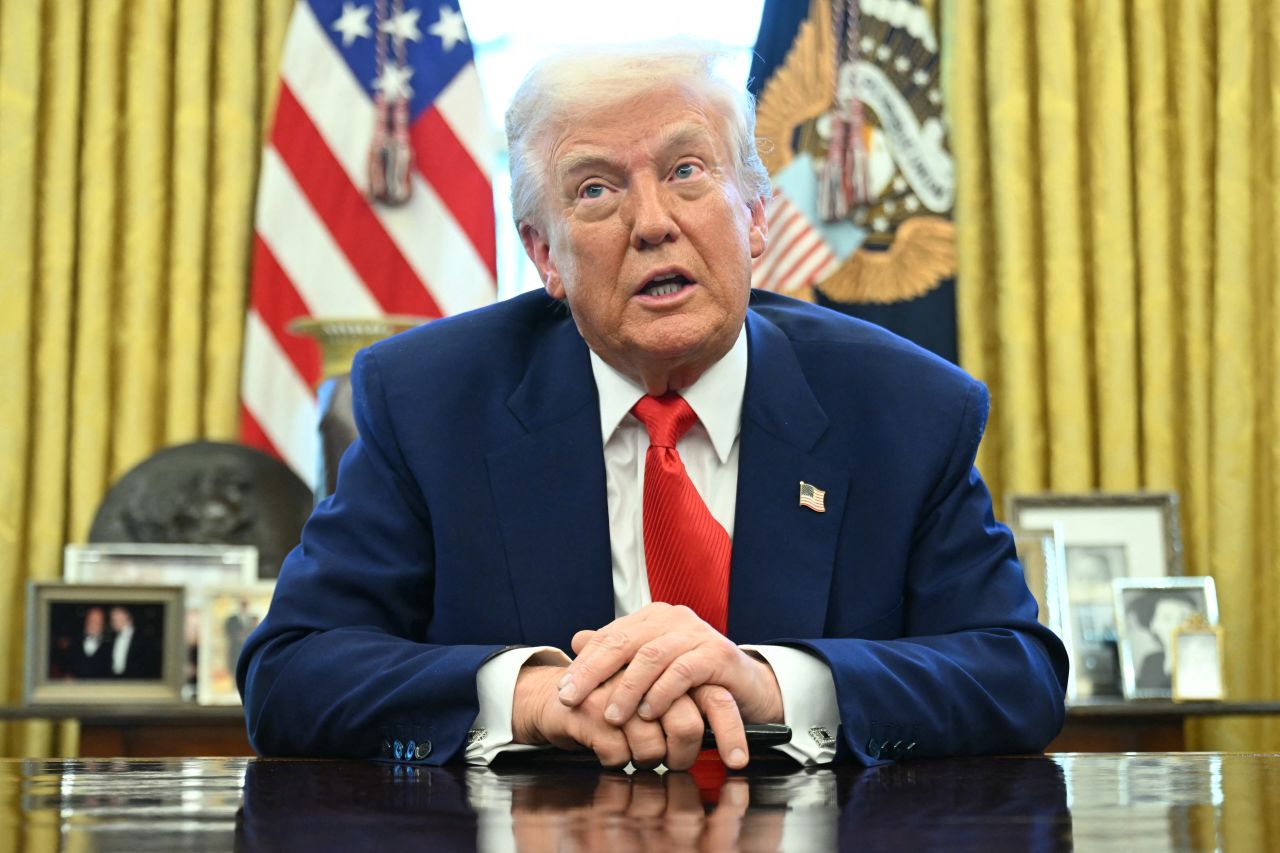
However, not all Americans are convinced by this narrative of success. Opposition groups have criticized the administration for moving too quickly on policies without adequate public input or legislative backing.
Legal challenges have already emerged in response to several of Trump’s executive actions, particularly those related to immigration. Advocacy organizations have accused the administration of violating due process and targeting vulnerable populations.
The controversy surrounding Trump’s approach to governance is nothing new, but it remains central to the ongoing debate about what kind of leadership Americans want in the modern era.
For his part, Trump continues to embrace a combative and unfiltered style, often using social media and public rallies to bypass traditional media channels and speak directly to his supporters.
That strategy has proven effective in energizing his political base, even as it alienates other parts of the electorate. Trump’s ability to command attention remains one of his most potent political tools.
Whether praising his achievements or criticizing his missteps, political observers agree that Trump continues to dominate the national conversation.
Looking forward, the next phase of Trump’s second term will likely focus on implementing the more ambitious components of his agenda. His administration has hinted at introducing a new infrastructure plan, additional tax reforms, and further adjustments to the education system.
Each of these initiatives is likely to face scrutiny from both Congress and the courts, setting the stage for continued political clashes.
Still, Trump seems unfazed by the turbulence. His remarks about “running the world” suggest that he sees his role as more than just a national leader. Supporters view this global outlook as bold and visionary, while detractors see it as self-aggrandizing and potentially dangerous.
As the president prepares to mark 100 days since his return to office, the stakes remain high. Every policy move, public comment, and international decision will continue to be analyzed not only for its immediate effects but also for what it signals about the broader direction of the country.
In an increasingly complex and interconnected world, the decisions made by the White House in the months ahead may have consequences that extend far beyond U.S. borders.
While Trump’s second term is still in its early stages, it has already revealed much about his priorities, style, and vision. The coming years will test whether his administration can transform bold rhetoric into lasting policy, and whether the American public will continue to embrace or reject his unique brand of leadership.

